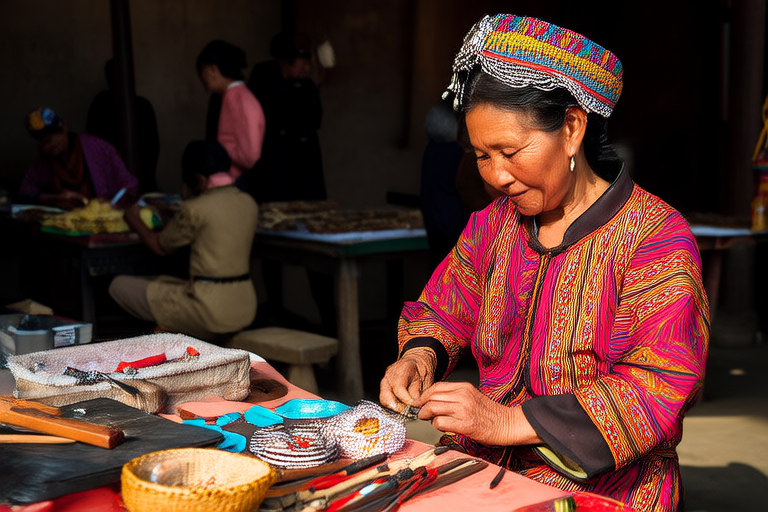Exploring Cultural Customs: Traditions from Around the Globe

“`html
Exploring Cultural Customs: Traditions from Around the Globe
Cultural customs and traditions are the backbone of human societies, reflecting the unique histories, values, and beliefs of each community. Understanding these practices is crucial for travelers seeking to engage meaningfully with new environments. By immersing oneself in local customs, visitors can enrich their experiences, foster connections, and gain profound insights into the fabric of different cultures. Respecting and appreciating these traditions not only enhances personal growth but also promotes cross-cultural dialogue and mutual understanding.
East Asia: The Japanese Tea Ceremony
In East Asia, the Japanese tea ceremony, known as Chanoyu, exemplifies the harmonious blending of aesthetics, philosophy, and ritual. Originating in the 9th century, this practice involves the ceremonial preparation and consumption of matcha, a powdered green tea. The tea ceremony is more than just a method of drinking tea; it is a spiritual discipline that emphasizes mindfulness, tranquility, and respect. Participants follow strict rules of etiquette, from the precise movements of the host to the careful handling of utensils. This tradition reflects the core values of harmony, respect, purity, and tranquility, which are deeply embedded in Japanese culture. Through the tea ceremony, visitors can experience firsthand the serene and contemplative nature of Japanese life.
South America: Brazil’s Carnival
Moving to South America, the vibrant and exuberant Carnival in Brazil stands out as one of the world’s most celebrated festivals. Rooted in the Catholic tradition of celebrating the period before Lent, Carnival has evolved into a colorful display of music, dance, and costumes. The festival reaches its peak in Rio de Janeiro, where samba schools compete in elaborate parades. Key elements include floats, musical performances, and street parties. Carnival brings communities together, fostering a sense of unity and celebration. It is not just a spectacle but a vital part of Brazilian identity, preserving the country’s rich cultural heritage and providing a platform for artistic expression.
Africa: Ethiopia’s Coffee Ceremony
In Africa, the Ethiopian Coffee Ceremony offers a glimpse into the daily life and social fabric of the country. Coffee, or buna, holds a special place in Ethiopian culture, and the ceremony is a revered ritual that showcases hospitality and community bonding. Typically held in the evening, the ceremony involves roasting, grinding, and brewing coffee beans over a charcoal stove. Participants sit on mats, sharing stories and engaging in conversation. This tradition has remained largely unchanged for centuries, reflecting the enduring values of respect, warmth, and togetherness. The ceremony is not merely about consuming coffee but about creating a space for connection and reflection.
Europe: Spain’s La Tomatina
In Europe, Spain’s La Tomatina is a unique and joyous event that draws thousands of participants annually. Held in the town of Buñol, this tomato-throwing festival began in the late 1940s as a spontaneous act of playful rebellion. Today, it has become a globally recognized celebration of fun and camaraderie. Participants gather in the town square, armed with tomatoes, and engage in a friendly battle. The event lasts for one hour, after which everyone cleans up and celebrates together. La Tomatina highlights the Spanish spirit of conviviality and creativity, reinforcing the importance of shared experiences and collective enjoyment.
Oceania: New Zealand’s Matariki Festival
Concluding our exploration, we turn to Oceania, where New Zealand’s Matariki festival celebrates the Maori New Year. Named after the Pleiades star cluster, Matariki marks the beginning of the Maori lunar calendar and is a time for reflection, remembrance, and renewal. The festival includes a variety of activities, from star-gazing to cultural performances, all aimed at connecting with ancestors and the natural world. Matariki fosters a sense of identity and belonging, reinforcing the Maori connection to the land and sky. As visitors participate in Matariki festivities, they gain a deeper understanding of the indigenous culture and its enduring influence.
“`